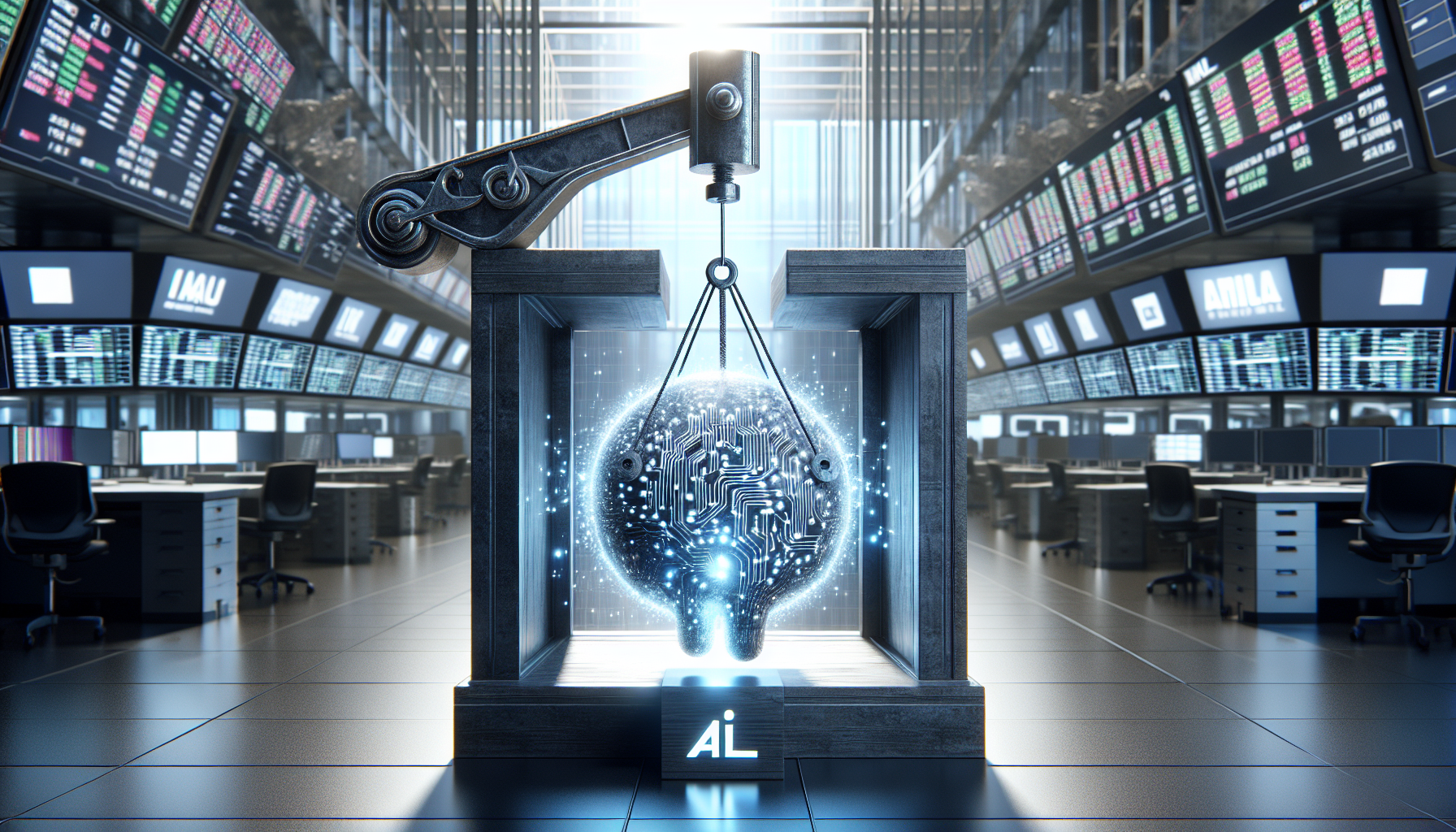
Disney and Universal are taking Midjourney, an AI image generation startup, to court. They’re accusing it of being a “bottomless pit of plagiarism” for replicating their copyrighted characters. This isn’t the first time we’ve seen this circus—big studios versus small tech firms over intellectual property. But the stakes are higher now, with AI changing the playing field.
Midjourney, a minor player compared to giants like OpenAI, lets users create images by typing prompts. It recently expanded to video generation, but Disney and Universal claim it’s ripping off their iconic characters. Think of Homer Simpson or Darth Vader popping up in AI-generated content without a license. The studios allege Midjourney’s AI freely uses their characters, crossing the line into infringement.
The studios’ move isn’t surprising. Disney has a history of fiercely protecting its IP. This lawsuit could set a precedent for how copyright is handled in the AI era. For Midjourney, this is like stepping into the ring with a heavyweight champ unprepared. Yet, this isn’t their first lawsuit; visual artists have also taken aim at them.
AI firms have long scraped the internet for data, thinking it fair game. But the tide’s turning. Licensing agreements and lawsuits are pushing back, arguing that using copyrighted material for training AI without permission is a violation. Disney’s legal muscle makes this a fight to watch. They’re not just taking on Midjourney; they’re signaling to the AI industry that the Wild West days might be over.
While Disney sues for infringement, it’s not shy about using AI itself. It recently licensed Darth Vader’s voice for a chatbot, raising eyebrows among actors’ unions worried about AI replacing human jobs. It’s a classic corporate double standard—do as I sue, not as I do.
This legal battle highlights the lack of clear rules on AI and IP. Courts are left to decide, creating a patchwork of legal precedents. Companies like Midjourney might find themselves outmatched against Disney’s well-argued complaint.
Beyond Hollywood, other industries are also gearing up for legal battles. Publishers, visual artists, and musicians are all taking on AI firms. The New York Times’ lawsuit against OpenAI is another one to watch. The media landscape is shifting, with AI-generated content—often low-quality “slop”—flooding the internet. It’s a problem when AI content is passed off as journalism, eroding trust in online information.
Google and social media platforms are also part of the problem, serving up AI-generated content that can be as misleading as it is pervasive. For investors and professionals, the takeaway is clear: verify your sources and be wary of AI-generated information. Stick to trusted outlets for reliable news and insights.
As AI continues to rewrite the rules, the legal and ethical frameworks will need to catch up. Until then, we’re left navigating a landscape where the line between creative innovation and infringement is blurrier than ever.
